


Greetings, fellow sojourners!
We're immensely humbled and excited with the response to Portmanteau I. Portmanteau, as the name suggests, is a collection of everything we love and care about that's happening around the world, and we're continuing in the same spirit with Portmanteau II.
In this edition, we introduce a new column, The Elysian, where we interview two sparky young ecopreneurs. Our food for thought section talks about the origins of the immensely popular peri-peri powder, including a recipe for you to try at home yourself. Explore the quaint little island country of Tuvalu, the majestic Virunga Gorillas, and how you've missed out on meeting them in 'person'!
Of course, all this along with our classic Travel Record that features 10 new tracks across RnB and rap. In The Reel we venture into the unknown with three sci-fi space movies.
We hope you enjoy this edition of Portmanteau as you did the last. As always, we welcome stories from you, our patron.
Sharing the mutual love for travel!
Ashish
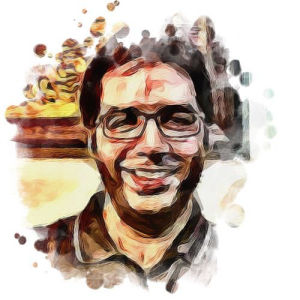

A deep dive into a story that's arcane, thoughtful, and sometimes humorous!

Ask any non follower what they think of Formula 1, and the response is unhinged and instant: Fast cars going around a track. How could that possibly be of any fun? Ask them whether they think it’s a sport, and the scoffs get larger. “There’s no sportsmanship in car races, there’s no discipline. How could you compare this rashness to a gentlemen’s game like cricket or a team sport like football?”
Ask a maddened fan of the motorsport, however, and the answer will be a bit different. For every season, us petrolheads know what really happens at a track. Twenty of the world’s most insane drivers are shunted into cars with the most advanced fuelling and energy systems, and then have a battle of goliath proportions doing speeds of up to 300kmph in a straight line, and pulling 5Gs through a corner, the equivalent of some high precision aircraft.

Walks With Africa's Famed Silverbacks
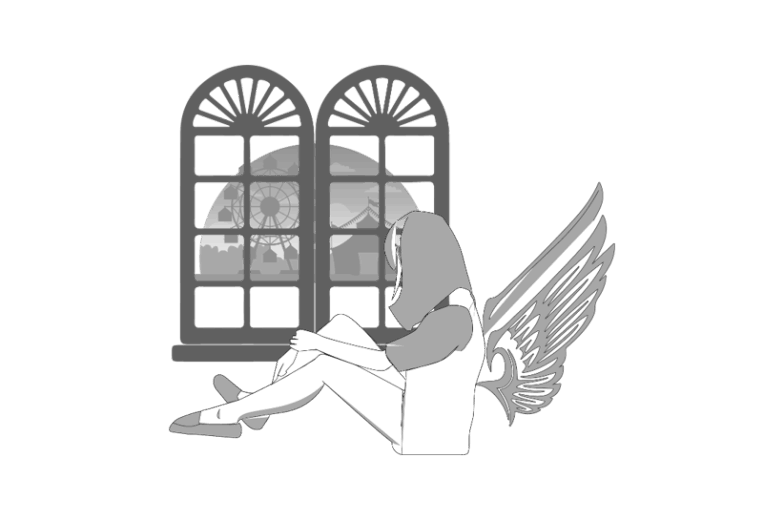
Trek the jagged lava-flow slopes of Virunga Massif. Bushwhack your way through thick bamboo forests to join the Hirwa family. Consisting of 20 members, they are surprisingly bored to see you while you are amazed beyond words, even though you anticipated running into them.
One of the largest families of Gorilla in the Volcanoes National Park in Rwanda has visitors pour in from the world over, braving impossible odds to view these majestic creatures, painted like a black silhouette against the emerald green backdrop of the forest.

Over the last few decades, the entry to these jungles are strictly moderated with costs of embarking on this WSJ Bucket-list trek multiplying manifold, so have the discerning visitors. What has come down are the poaching incidents!
If you do decide to walk amidst these giants, you know who to holler.
Do you take a moment and stargaze?

“To boldly go where no one has gone before” is the greatest quote from one of the finest science fiction franchises of all time, Star Trek. We resonate with that, and science fiction has always been a part of our lives. To believe in the unbelievable.
Keeping that spirit in mind, here are three movies from the science fiction genre that also talk about exploration and venturing into the unknown.

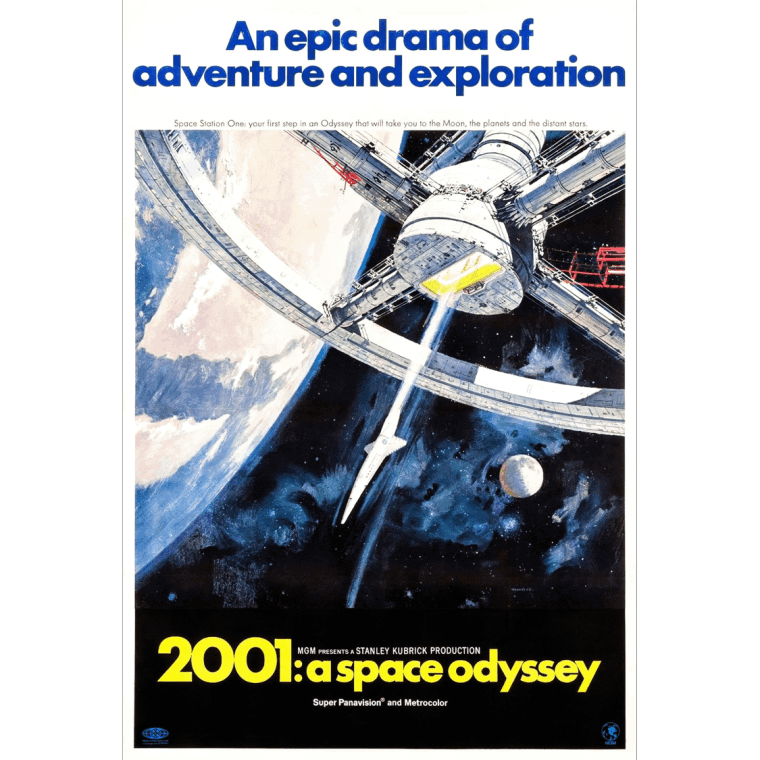
The hit cinematic experience that started it all. From the words of Christopher Nolan, “2001 is pure cinema”. Stanley Kubrick’s masterpiece is one that tells the story of humankind and life itself evolving throughout the ages, and the path we take while on that journey. With a mysterious presence watching our decisions throughout (serving as an allegory for the film itself), most of 2001 is rather slow-paced, albeit for very good reason. When things do happen throughout the film, they leave you with a sense of wonder and shock that will linger on for ages.
2001 is one of the best films ever made, for good reason that mere words cannot explain. Watch it to believe it!
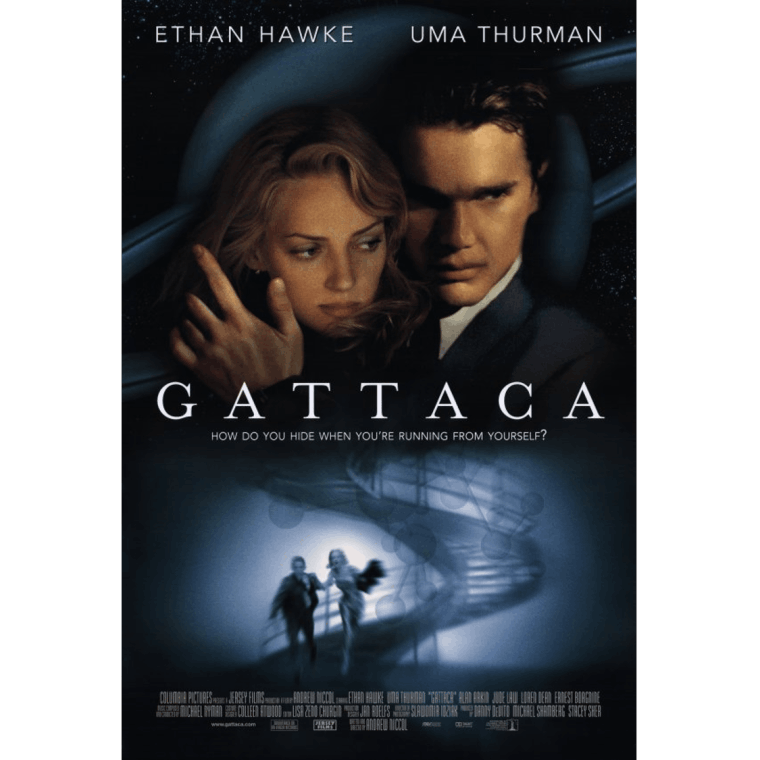
A slightly more dystopian take on sci-fi than “2001”, Gattaca is the wondrous tale of one man’s attempts to overcome genetic discrimination that occurs in a futuristic society, to become an astronaut. Eugenics has become a common belief system, and so the protagonist, played by Ethan Hawke, must figure out ways to cheat the system to get on board. What follows is a journey that’s part funny, part ingenious and has an overbearing theme of darkness to it: Like most dystopian works.
Gattaca is one of the most critically acclaimed films (that still does have a few faults) that people don’t talk much about, and should!
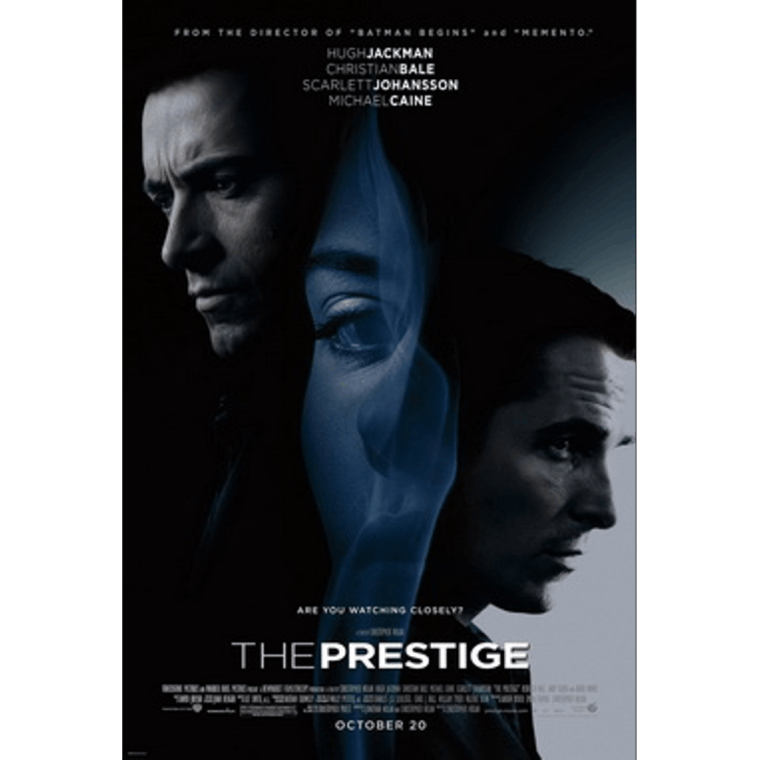
It wouldn’t be a science fiction list without at least one Christopher Nolan film in the mix. While we would have loved to cover Interstellar or Inception here, we feel The Prestige doesn’t get its due credit. A magician going out of his way to meet with Nikola Tesla to add a world-changing device, just for his magic tricks: Outlandish isn’t enough to describe it. This is precisely the type of trope that The Prestige explores. As Tesla says in the film, “Man’s reach exceeds his grasp”, quoting the poet Robert Browning.
Nolan’s masterpiece is the perfect kind of science fiction: Using real physics and concepts and adding the perfect amount of fiction to it.
In the mighty pacific, there lies a small isle abound with coconut trees and coral reefs.

Tuvalu, a coconut republic in the Pacific Ocean is a far cry from civilization as we know it. Wondering why we are calling it a coconut republic? Well, the country literally runs on coconuts. Copra, dried coconut shell is their only export.
A group of 9 islands, 5 of them being coral atolls and the other 4 are formed by the sea bed rising. But global warming threatens to raise sea levels faster than the rising land. A beautiful, tropical paradise with azure waters and white beaches, the only source of freshwater is the rains.
A history dating back to the 14th century, when the Samoans, Tongans and settlers from other Polynesian islands migrated to the islands. Although the Spaniards sight the islands, they are left undisturbed as it made no colonial sense. Then came the English, claimed the islands and named them after an MP in the sailing party, calling the islands as Ellice Islands. Anglican appetite for changing names of perfectly well-named places has always befuddled the rest of the world.
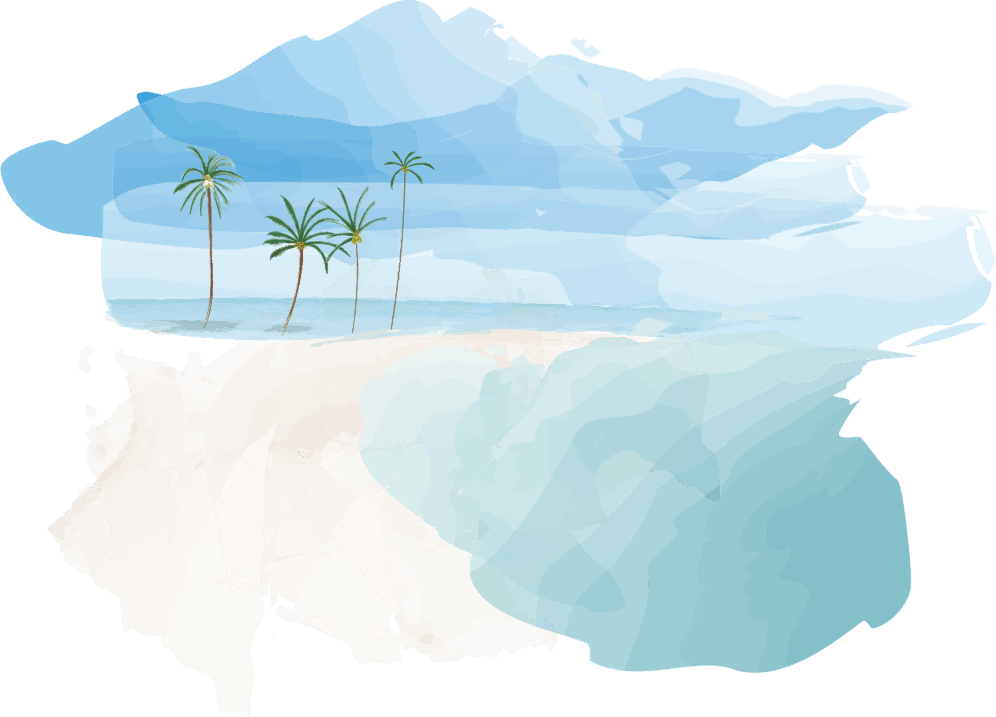
‘Blackbirding’, kidnapping island dwellers for the slave trade, and European diseases reduced the population of these islands from 20,000 to 3,000 in the 1850s. The population never really recovered, with today only 11000 Tuvaluans living on the islands.
The cuisine here is dominated by, yup you guessed it, coconuts and of course, seafood. It could be an adventure trying the local dishes. Chinese restaurants have popped up even here serving some comfort food that we all have come to love.
Being called weird is like being called Limited Edition. You are something people don't see that often. Remember that.

The Spicy Story

When a certain fast-food chain introduced peri-peri fries to India during the IPL, people went berserk for the stuff, and rightly so. There was no other spice powder that was so perfectly spicy, sweet and tangy like peri-peri was. On popular demand, the spice instantly became a regular menu item in this franchise, and indeed, took over the country by storm. Today, commercial peri-peri is bought by the bottle, and added to nearly everything palatable: Meats, french fries, sauces, you name it!
But what do we know of this African spice, and can we make our own blend at home?
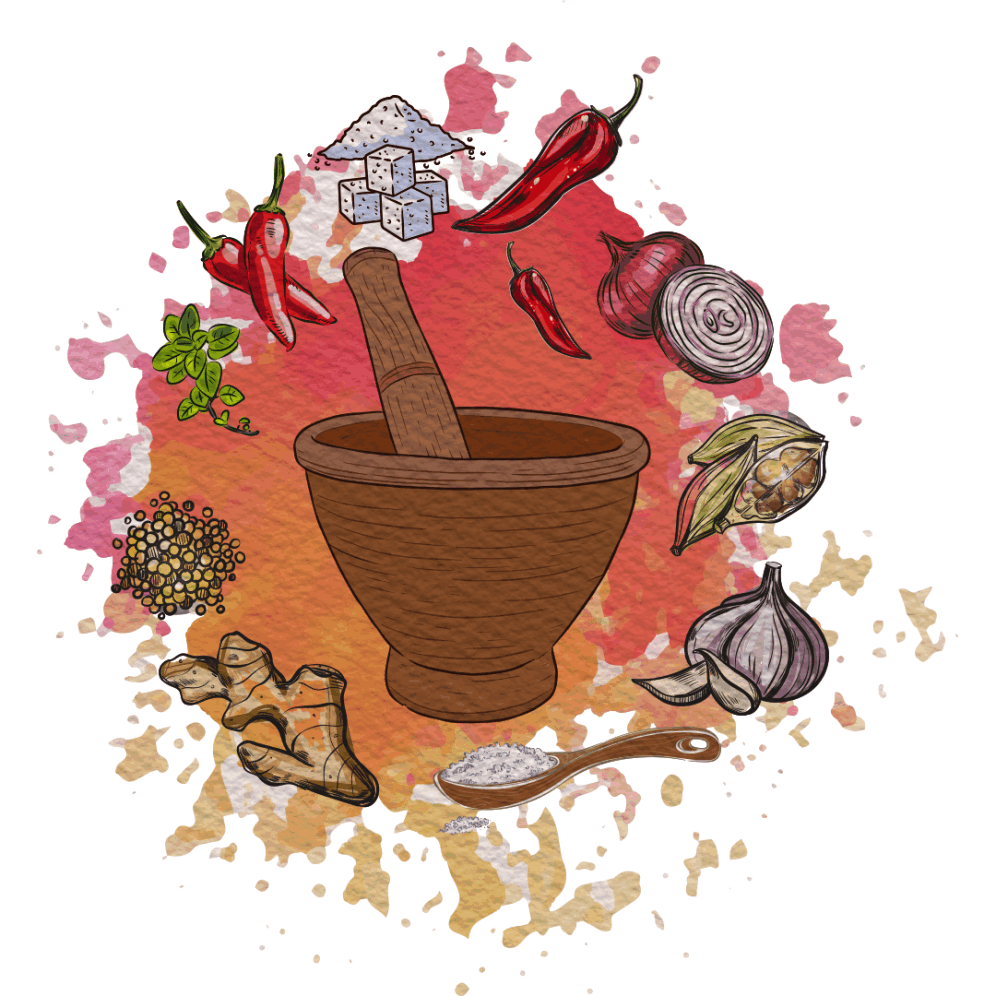
Despite popular opinion, peri-peri is actually the name of chilli (or collection of chillies, rather) that are abundantly grown in many parts of Africa, particularly the Congo regions and South Africa. The chillies belong to the Capsicum frutescens family, that has ancient origins in South America and parts of Asia but made its way to Africa, where it became a staple product.
The chillies are dried out completely, then ground into a fine powder. This forms the base of the mix, to which various condiments are then added to balance out the heat. The usual culprits are sugar, salt, coriander powder, pepper powder, lime salt and a few other common ingredients.
Today, most peri-peri blends and sauces (especially in India) can be made from African Bird’s Eye, another chilli that isn’t exactly peri-peri but has a very similar flavour profile and growing conditions.
The answer is a resounding YES! The only thing worth noting is that unless you can get your hands on dried bird’s eye chillies, you’ll have to dry them yourselves. You can get the fresh ones at most supermarkets. Once drying is done, all you have to do is ground them into a fine powder. We’ve found this recipe and it works best for us.
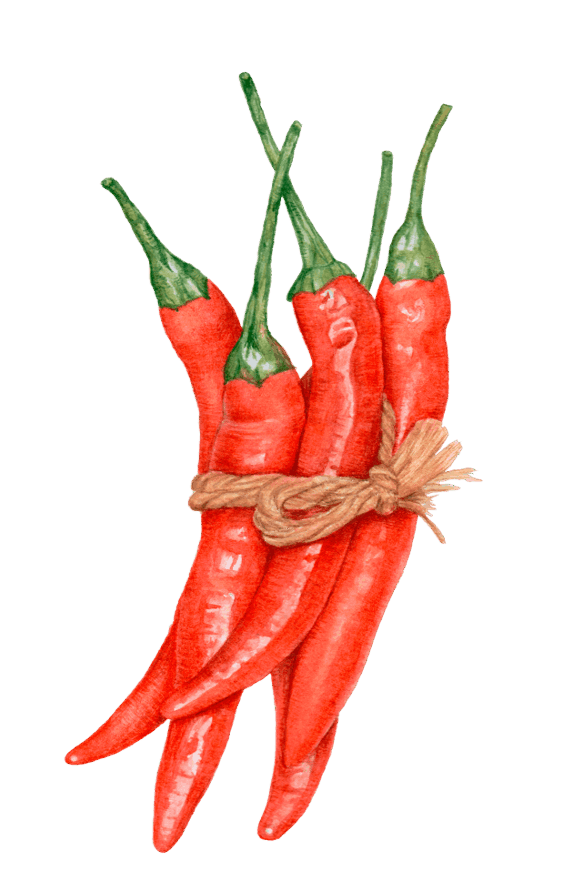
2-3tbsp of your ground peri-peri chillies
2 teaspoons paprika
1 teaspoon dried oregano
1 teaspoon ground cardamom
1 teaspoon ginger powder
1 teaspoon onion powder
1 teaspoon garlic powder
1/2 teaspoon salt
½ tsp sugar
½ tsp lemon crystals (you find these at most supermarkets in the baking section)
All you have to do is combine these well (in a blender, preferably).
This time it is RnB and Rap.

Puzzles to get your neurons firing.
Email us a screenshot when done!

Young Ecopreneurs talk about their wellness startup journey...

In today’s times, supporting small businesses that focus on improving the way we live is paramount to our future and that of our loved ones. Leisure Ways recently got together with Brunda Sreedhar and Ambica Gayathri, co-founders of Scentora, an eco-friendly startup that manufactures vegan wellness products with zero waste and minimal environmental impact.
“We never expected that we’d be running a sustainable wellness startup in 2020. We were both run-of-the-mill corporate professionals running our busy lives”, said Brunda, who currently juggles her time between Scentora and her job as a programmer.
Fill in the form to be featured on PORTMANTEAU